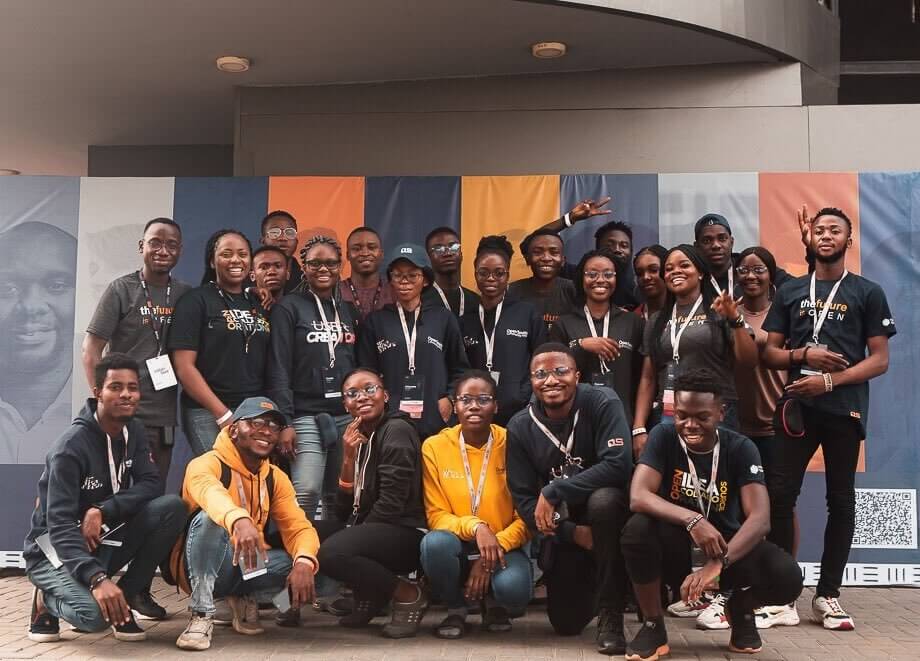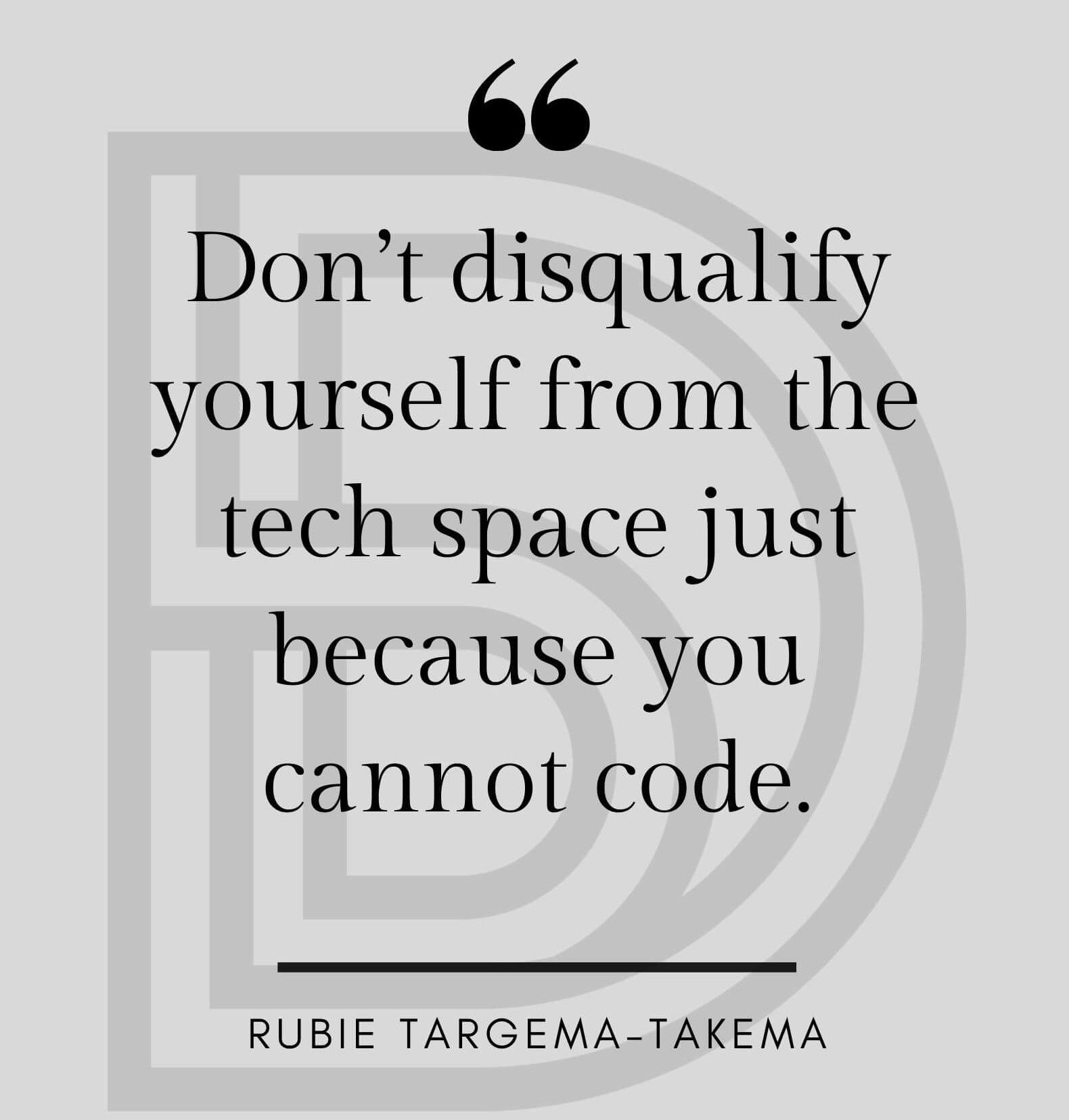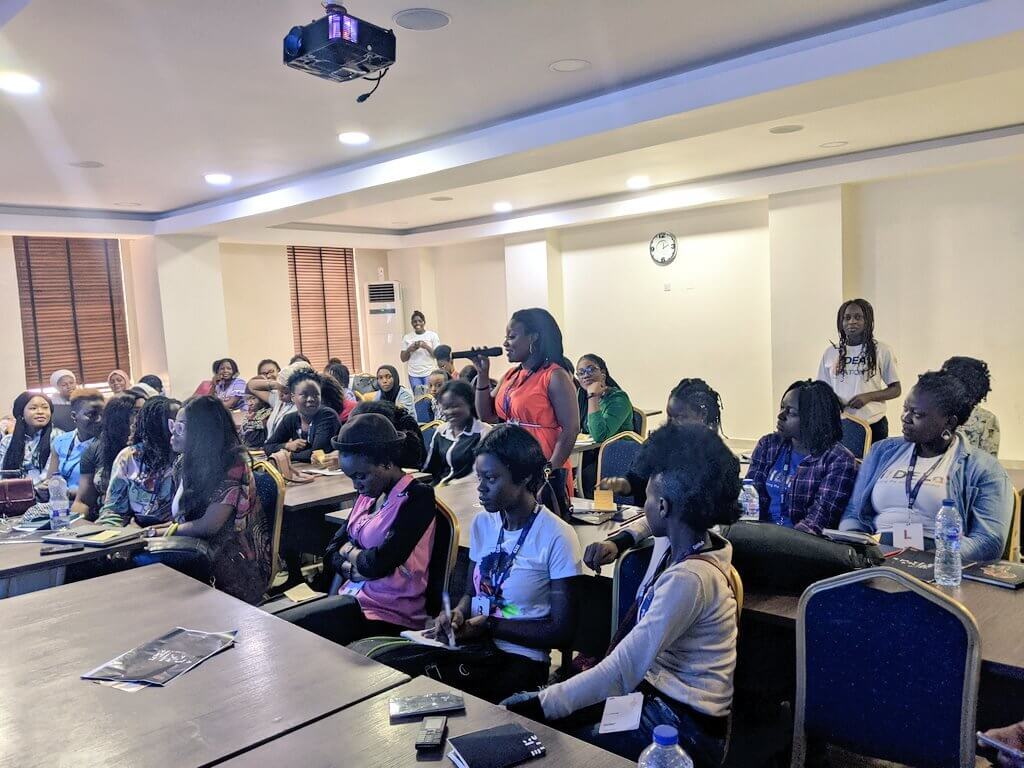Takeaways from the first-ever Open Source Community Africa Festival in Nigeria
I had the opportunity of volunteering at the first-ever OSCAFest in Nigeria, these are the takeaways from the Open Source Community Africa Festival

OSCA—Open Source Community Africa—was created to encourage more African developers to contribute to open source projects and advocate for open source movement in Africa. Its main goal is to ensure Africans not only use software and hardware, but are creators of these technologies.
In short, OSCA wants to change the narrative of Africans being "the next billion users" to "the next billion creators." And the Festival, OSCAFEst, is one of the ways it's using to achieve this ambitious goal.
> **Related Article:** [State of Code 2020: Open Source is becoming a big deal in Nigeria](https://www.benjamindada.com/state-of-coding-and-developer-jobs-ng/)While I was excited to volunteer at the maiden edition of OSCAFest, seeing that most, if not all, the people involved in putting the event together are young people that I could relate with made me even more ecstatic. It gave me the reassurance that "anything is possible."
Putting this kind of event together is no small feat. People travelled from different Nigerian states and other countries to attend OSCAFest.

Highlights of OSCAFest
As a volunteer, attending the different sessions was a bit tricky. I was able to fully attend only a few sessions and they were very insightful.
OSCAFest is one of the most impactful experiences I have had so far.
OSCAFest kicked-off with a series of workshops on Thursday, February 20. I was able to attend the 'I Am Remarkable' workshop by Gen Ashley—the Founder of Tech (K)Now Day.
On the second day, Friday, there were series of breakout and keynote sessions.
I'd mentioned the importance of community and being visible in a previous article. And at most of the sessions, it was a recurring theme: Be visible by consistently contributing to open source projects and the growth of technology.
"Open source is more than code; it is community involvement," Ben Lesh, former Senior Software Engineer at Google, said. "Making a good name for yourself in a community can lead to opportunity. Community involvement, not just technical skills, is important."
> **Also Read:** [Five things I learnt from completing #100DaysOfCode challenge](https://www.benjamindada.com/five-things-i-learnt-from-100-days-of-code/)Prosper Otemuyiwa, co-founder and CTO at Eden—a tech-enabled concierge service, also emphasized community involvement during his talk on "Tiny Changes, Remarkable Results".
Prosper, AKA unicodeveloper, shared stories of how people such as Henry Zhu of Babel and himself have been able to make contributions to the growth of technology and get meaningful value in return.
Another issue that was addressed during the sessions was the erroneous notion that the tech space is all about coding: If you can't code, you have no place in tech.

Don't disqualify yourself from the tech space because you cannot code.
I think it is important for a lot of people to know this because so many people want to go into tech, especially as it is one of the most rated fields, but are often discouraged because they cannot code.
There are different kinds of people in tech: those who code, those who market the product, those who finance it, those who write or talk about it, and those who help with testing tech solutions. In short, there are tech jobs that have absolutely nothing to do with coding and a lack of interest in coding should not stop anyone.
How to get involved in Open Source
Before OSCAFest, I assumed contributing to open source projects only had to do with writing code and submitting pull requests to major projects.
But from what the different speakers at OSCAFest said, I now understand contributing to open source project can also be in the form of writing about tech events, on how to use different packages, or even just solving problems on platforms such as GitHub and Stack Overflow.
Ben Lesh, who is now a senior software engineer at Citadel Securities, got involved in open source projects by contributing on GitHub and Stack Overflow.
In short, anything you do that improve or enhance tech and the knowledge of it is a contribution to the growth of open source.
Observations
One of the things I noticed during OSCAFest was the deep involvement of women in every aspect of the event. They did not just form a good chunk of the audience, they were also part of the organizers and speakers.
Adaora Nwodo took a session on the opportunities for Mixed Reality in Africa, Moyinoluwa Adeyemi’s shared her journey to becoming an Android Google Developer Expert, and Marlene Mhangami, Director of Python Software Foundation, also gave a keynote address.

There was also an emphasis on the importance of diversity and inclusion in tech. Some of the speakers highlighted the efforts being made to include more women in tech through initiatives such as SheCodesAfrica by Ada Oyom and Women of OSCA—a community created through a partnership between OSCA and SheCodesAfrica to encourage more women to participate in Open Source.
Gen Asheley also spoke on her involvement in raising more women in tech through avenues like Ada’s List and Women who Code.
The major reason why I paid to attend this OSCAFest was the need to be in the presence of and interact with people I believed are on a similar path with me and draw encouragement from them. So seeing so many women involved in the event was soothingly encouraging.
It's not always about who is standing on the stage to speak or what is being spoken about at these events, sometimes it is about the feeling of belonging to a physical community and meeting people with whom you [can] exchange ideas on similar topics.
This is a very important for growth in any endeavor: a community of like-minded people.
You can start alone, but on the long run you will definitely need a community of like-minded people. Although they may not be doing the exact thing you're doing, but maybe having similar goals and in a similar field/sector. We all need people you can exchange ideas with and can draw encouragement from.
TL,DR; What I learnt at the maiden edition of OSCAFest
In summary, what I learnt from the OSCAFest 2020 is: Get involved, in whatever capacity you can.
We should all start contributing to Open Source regardless of how small we might start, consistently and patiently. And not with the motive of getting back some monetary value (which would probably come), but with the aim of contributing to the evolution of technology and growing in the process.
Like this quote Prosper shared from "Atomic Habits" during his session, "Changes that seem small and unimportant at first will compound into remarkable results if you are willing to stick with them."
P.S: You can consider this article my contribution to Open Source. And I know a whole lot happened at OSCAFest that I could not fit into this article, so you can check #oscafest #osf and #sustainafrica on Twitter.







Comments ()